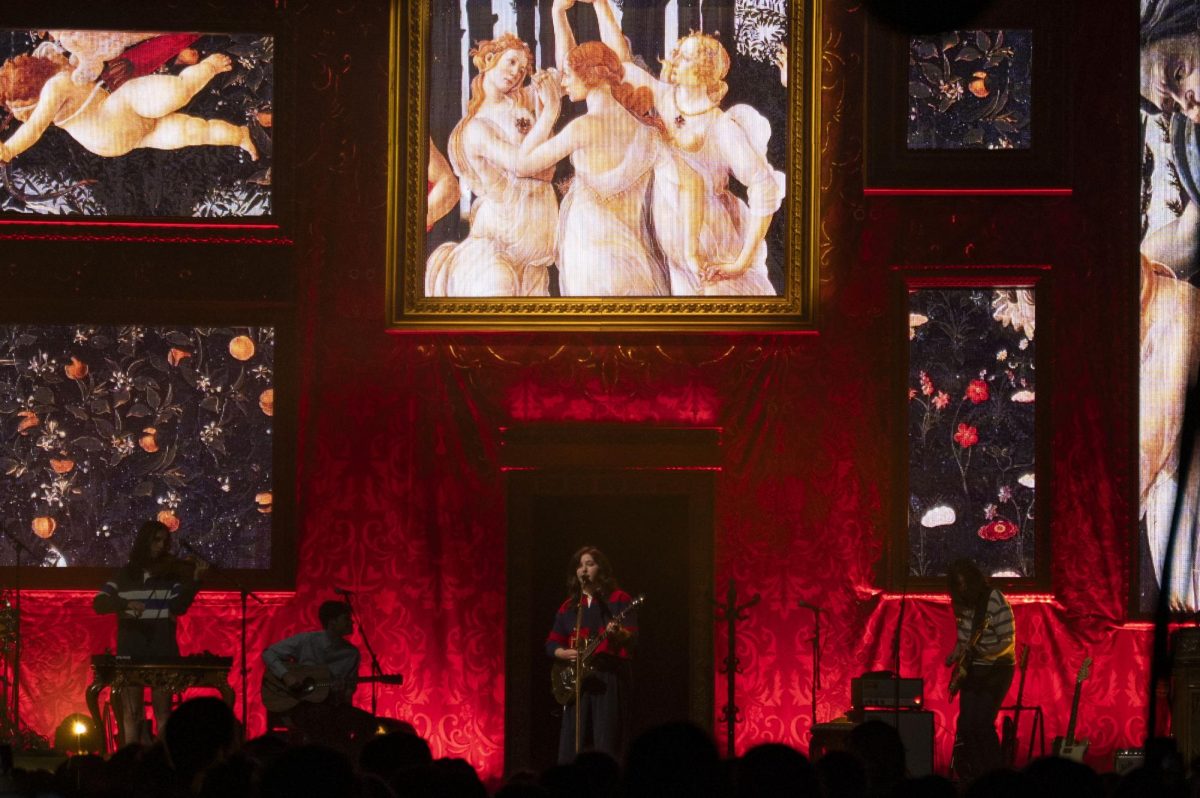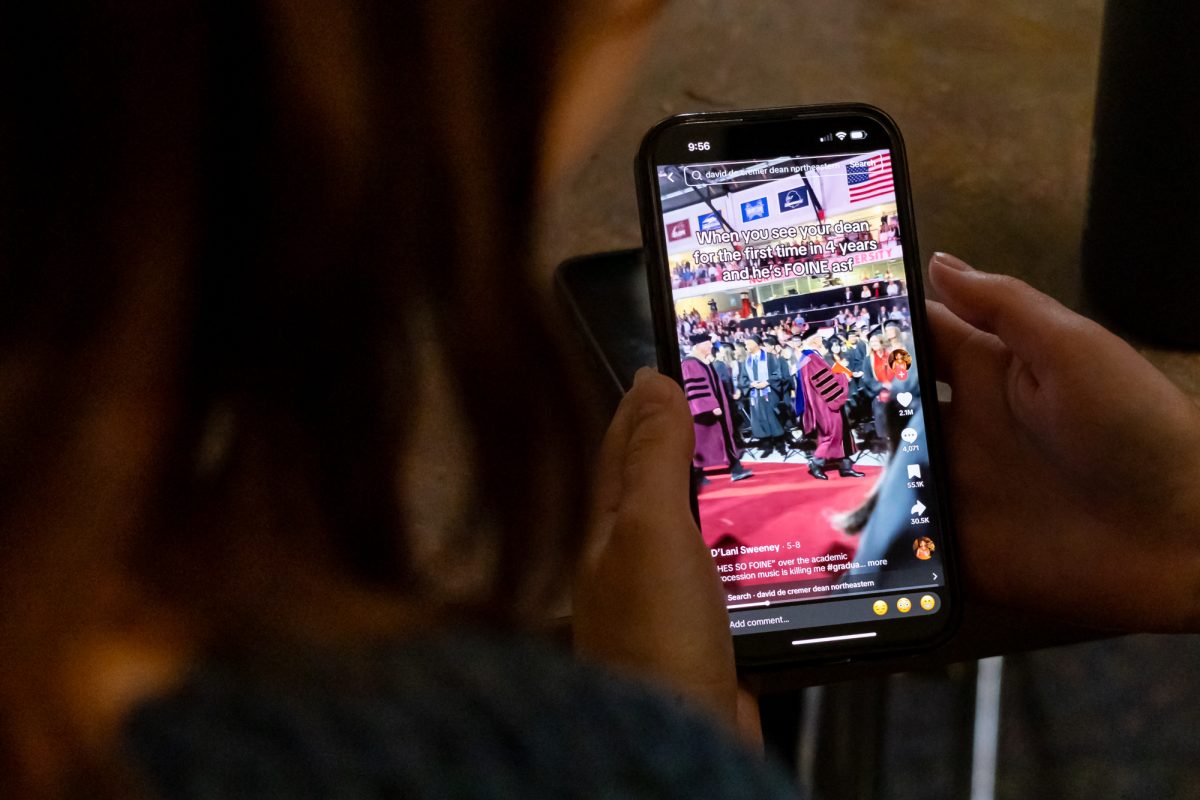By Anthony Savvides, News Correspondent
I sat in the terminal May 11, doubtful of my own excitement. I had applied to go on a Northeastern Dialogue of Civilizations program to Egypt, but instead I was headed to two countries that, at the time, I had no particular desire to visit. Jordan and Turkey. Over the years, I have learned so much about Egyptian history and culture. These alternatives seemed random to me.
The program is focused on global reporting and Middle Eastern studies. It was originally planned for Cairo, but after the Egyptian revolution began in January, the incessant rioting on the streets and in Tahrir Square forced Northeastern to change the itinerary.
I arrived in Amman with a group of 13 journalism students, six photography students and 13 Arabic students. The journalism and photography students – the J19, as we have come to call ourselves – were now officially foreign correspondents in an Arabic nation. Two weeks later, we would serve the same purpose in Turkey. At the time, my mission seemed overwhelming: to report in places where I thought I couldn’t communicate with anyone.
As it turned out, people in Amman spoke more English than I thought. There I was, roaming the streets, looking for stories. As any journalism student will know, seeking out stories is always a task. It needs to become part of your daily life. But living in a foreign land, my daily life was becoming accustomed to a new culture. Looking for stories seemed so much more complicated than ever before.
Trying to get through life, day-by-day, became a task in and of itself.
Three days after I arrived, I left the Imperial Palace Hotel and moved in with a family in Shmeissani, a neighborhood in Amman. I soon realized, though, that people are the same no matter where I was or what language was spoken there. We all have so much in common, and it is a shame that so much focus is placed on our differences.
Throughout the two weeks following my arrival in Amman, I met many Jordanians who were so excited to speak with me. Some of them became sources, and their daily struggles became stories. Zeina Shahzada, 37, is a mother who began Women Against Indoor Smoking in Jordan, an advocacy group focused on the outlaw of smoking in public spaces. Others were merely new friends with whom I shared a cup of coffee. It was so different than studying journalism in Boston. I was no longer looking for stories I thought would satisfy my professor, but real stories – stories that would appeal to a real audience, not just one pair of eyes.
The lessons I have learned here didn’t come in a classroom, neatly laid out in a syllabus or through lectures, but on the streets of a new city in a more personal form. For the first time, I was on my own. I could no longer run to class with a story or to brainstorm new ideas. I pitched a story, and I committed myself to it no matter what. Suddenly, this was real life, not education as I have known it.
On the second day in Jordan, while aboard a bus, journalism professor Carlene Hempel mentioned that political protests calling for reform would occur the following afternoon. “Who wants to write it?” she asked. From the very last seat on the bus, I raised my hand, eager and excited to tackle the story. I wrote the article with a classmate of mine, Hanna Trudo, and it was one of the greatest learning experiences of my college career.
Every day, for a week and a half after that initial pitch from my professor, I was out and about on the streets of Amman and on the campus of the University of Jordan. “Do you speak English?” became my opening line. For those who responded positively, I immediately launched into my spiel: “My name is Anthony and I am a student journalist from America. I’m writing a story about…” More often than not, people wanted to talk and jumped at the opportunity.
While my first story about the protests against the government was a bit taboo, I was still able to pull it together. I was no longer depending on other news stories to find sources, only on myself. Instead, I did my research and just went for it. To my surprise, the story came together and I received a lot of positive feedback.
The fairytale in Jordan only lasted for two weeks, though.
Working in Turkey as a foreign correspondent has been a whole new experience. Far fewer people here can communicate in English. While cultural sensitivity has been a constant throughout the program, finding stories – and sources – has proven more difficult for me in Turkey. I have no host family here, or comfort zone. I am living straight out of a hotel, which gives me the allusion that I am on a vacation, but am still working, always hunting for a scoop.
So far, reporting in Turkey has been more difficult. But as my final week of this experience has gotten underway, I am more determined and more driven than ever. That’s the thing about this whole experience: it has pushed me to my limit, and beyond. Sure, I am still being graded, but that grade seems so insignificant to me now. I’m here to meet people and report, to tell their stories, not to suck up to professors before and after class.
Four days remain of this Dialogue of Civilizations, and in the eyes of a journalist, that’s a long time. There are still countless untapped sources out there, waiting to tell their story, and it’s up to me to get out on the streets of Istanbul and find them.








